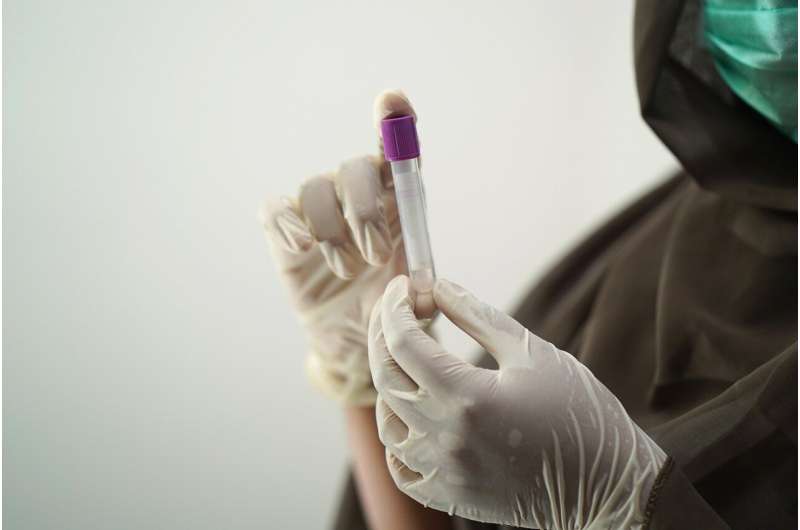New Insights into Toxic HIV Protein Lead to Innovative Clinical Trial

Research at the University of Montreal uncovers a toxic HIV protein, gp120, and its role in immune system damage, paving the way for new treatment strategies and a clinical trial aiming to improve health outcomes for people living with HIV.
Researchers at the CRCHUM affiliated with the University of Montreal are exploring a groundbreaking approach to HIV treatment by investigating a viral protein known as gp120, which may be responsible for lingering health issues in people living with HIV (PLWH). Despite effective antiretroviral therapy often suppressing the virus to undetectable levels, gp120 can persist in the bloodstream of approximately one-third of PLWH, acting as a viral toxin. This protein binds to healthy immune cells (CD4 cells), marking them for destruction and compromising the immune system's ability to fight infections.
In a recent study published in eBioMedicine, the team demonstrated that certain non-neutralizing antibodies, called anti-cluster A antibodies, worsen this process by attacking uninfected CD4 cells, thereby reducing immune defenses. Conversely, they identified rarer antibodies—anti-CD4 Binding Site (CD4BS) antibodies—that can block gp120 from attaching to healthy cells, thereby offering protection.
The presence of these beneficial antibodies was found in only 15% of people with HIV, based on blood samples from the Canadian HIV and Aging Cohort Study, which involved 850 PLWH. This limited natural response highlights the potential of therapies aimed at enhancing these 'good' antibodies.
Furthermore, the study sheds light on fostemsavir, a drug already approved for treatment-experienced PLWH. It appears to neutralize gp120’s toxic effects by altering the protein and reducing the levels of harmful antibodies, possibly improving immune system function.
Building on these findings, the upcoming RESTART trial will recruit 150 PLWH to evaluate whether combining fostemsavir with standard antiretroviral therapy can improve cardiovascular health, addressing chronic inflammation and early onset of age-related diseases common in aging HIV populations. Participants will undergo detailed heart imaging to assess plaque progression, with the study aiming to provide new strategies to combat age-related health problems associated with HIV.
Ultimately, this innovative research opens the door for targeted therapies that go beyond viral suppression, focusing on correcting immune dysfunction and enhancing overall health in people living with HIV.
Stay Updated with Mia's Feed
Get the latest health & wellness insights delivered straight to your inbox.
Related Articles
New Blood Test Can Predict Severe Liver Disease Risk
A simple blood test developed by researchers can predict the risk of severe liver disease, enabling earlier diagnosis and intervention in primary care settings. The CORE model uses routine blood parameters to assess long-term liver health risk with high accuracy.
Groundbreaking Clinical Trial Confirms Effectiveness and Safety of New Treatments for Bubonic Plague
A groundbreaking clinical trial confirms the safety and effectiveness of oral ciprofloxacin as a treatment for bubonic plague, promising easier and more affordable management in remote areas. The study, conducted in Madagascar, marks a historic milestone in plague research and treatment.
Promising Treatment for Rare Blood Cancer Through Drug Targeting Tumor Suppressor
Research uncovers a new drug target for treating rare blood disorders by restoring the tumor suppressor protein p53, offering hope for improved therapies for myeloproliferative neoplasms.



